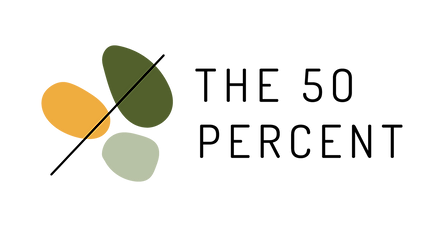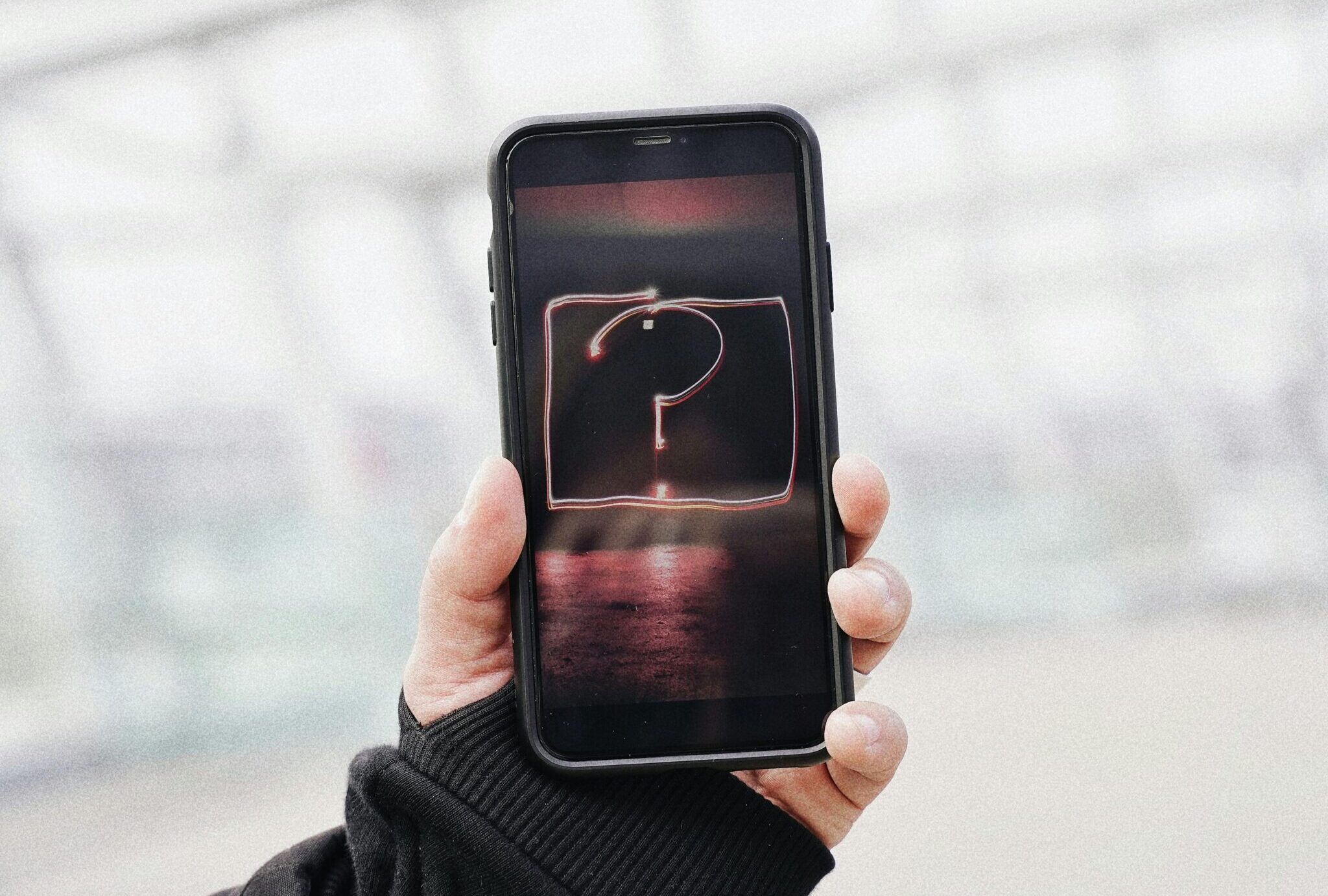PhotoCredit: Olena Bohovyk.
Another way to hold off the denialists and keeping them from stealing our reality, turning everything we want to see as facts into government lies while continuing to gaslight the basic concept of truth is to start doubting our own ideals of knowledge. This may sound a bit backwards, but if you continue to examine your beliefs instead of taking them for granted you should enhance your abilities for critical thinking – or you might end up even more confused. Nonetheless, accepting our own fallibility could be what separates us from the denialists.
If the aim is to improve your ability for critical thinking, there is no better place to start than by slowly allowing a bit of scepticism to creep into the basic truths you willingly accept. For one, you could start with accepting that the things you think you know are probably not as well known as you take them to be.
If your mother’s name is Mary, then you would probably say that you know that your mother’s name is Mary. Given that you and your mother have a fairly ordinary relationship, and that she is the kind of person in your life that you would normally agree to know things about. If someone then told you that your mother’s name is not Mary but Susan, you would call them a liar, and you would feel justified in calling them a liar and in disbelieving their statement because you would feel confident and justified in your belief – acquired by first-hand sensory experience that your mother’s name is Mary.
Now, why not, just for a laugh, imagine a few situations where you would be wrong to believe that your mother’s name is Mary.
For instance, what if your mother is a secret spy who has been given a new identity by the agency she is working for and to not endanger any of her children she has never revealed her true identity to anyone. Or perhaps your mother’s real name is Marianne, but no one ever calls her anything but Mary, and she has completely forgotten to mention to you all your life that her real name is in fact not Mary, but Marianne. In both these scenarios your belief that your mother’s name is Mary would be false.
And so it goes for everything else you think you know. You might be absolutely 100 % certain that the things you know are true, but your certainty does not create truths. All the things you know could be false and we could right now be inside the Matrix, and you would be none the wiser.
Do not tell me that watching the Matrix for the first time did not send chills down your spine and made you look just a little bit longer at the walls in your room waiting for a glitch to appear. If you are anything like me the plot of the Matrix stuck with you longer than you are willing to admit.
If this is the case, then you are in luck, because this is exactly the feeling you should harness whenever you are looking at a theory about the world, contemplating buying from a new brand, reading over their sustainability practices, considering supporting a new political party, or reading a conspiracy theory online. Of course, the best place to start any critical examination is perhaps n0t by doubting the very fabric of the universe or your mother’s name. Still, you should not be afraid to dig deep when contemplating your beliefs and what might follow from these beliefs that you are not ready to accept.
For example, imagine that you are a proud critic of your government’s choices. You often disagree with statements from politicians, with the budgeting, with the way they address social problems etc. And you like to share your disagreement with the government’s strategies on social media. Then, one day when you are raging about the government’s poor choices this guy Mike messages you, saying that he is part of a group that is supporting a theory that the government is not only making poor political choices but are also leading a trafficking operation trafficking children from poor neighbourhoods out of your country. You check Mike on social media and he seems like a decent guy, and you even like a lot of the same things. Furthermore, Mike has evidence supporting his theory that he would like to show you. The evidence is things like statistics showing that the number of children that have gone missing while this government has been in office has gone up, videos of members of the government driving around in poor areas, and even pictures of messages from officials to known criminals sent on old Android phones that Mike says are real.
You would describe yourself as a critical thinker, and you do not often fall for conspiracy theories but Mike seems like a very okay guy, he is very nice and understanding of your disbelief and you really hit it off. So, what do you do? How do you examine the evidence that Mike has brought to your attention with a critical eye? For one, if it really is true and you continue with your mild critique of the government, are you not foregoing ground-breaking evidence that could finally bring the government to its knees?
The earth is round, light travels at ⁓300.000 m/s, and the sun is the centre of the universe until a clever scientist discovers that this is actually not the case.
truth
you should accept that your grasp of the truth, your idea of what is real is probably no better than any other’s grasp of the truth and even by accepting this you have become smarter than those of your peers who have not.
You might think that this is a simple and straightforward question to answer – as simple as knowing what you know because you know it, but you would be sadly mistaken. The question of knowledge and scepticism has boggled the minds of philosophers since Ancient Greece and has branched out into different, yet related areas of philosophical theories. I will not give you the whole story of all the things that could be wrong with the beliefs you take to be knowledge but, much to the chagrin of modern philosophy, skip a good chunk and give you the quick guide to what you should know about what you know.
Scepticism. practiced by ancient philosophers, famously theorised by Descartes and used for different body vs. mind dualistic vs. monistic metaphysical views of the human today – and for many other things. I am getting ahead of myself. What do we need scepticism for? Doubt is actually one of the best practices of critical thinking there is. When you doubt yourself and your beliefs you tend to look at the evidence one more time, take in all the factors that might affect your belief and your righteousness in holding this belief once again – and you grow cleverer from this practice. Socrates thought the unexamined life was the worst possible life.
However, your sceptic attempt at getting smarter can easily get out of hand. For instance, you do not know that you are not a brain in a vat taking part in some alien generation of power and that this reality is actually just a tape playing in your head. or as Descartes was worrying about you do not know that you are not dreaming right now. His solution was to call on God – I think therefore I am. We shall attempt to find answers a bit closer to reality today.
truth
in most ordinary situations it is taken as a fundamental that a necessary condition for some proposition to be known is that it is true. For instance, if I know that climate change is real in any correct analysable sense of knowledge, then it must be true that climate change is real. Otherwise, I could not know this proposition.

